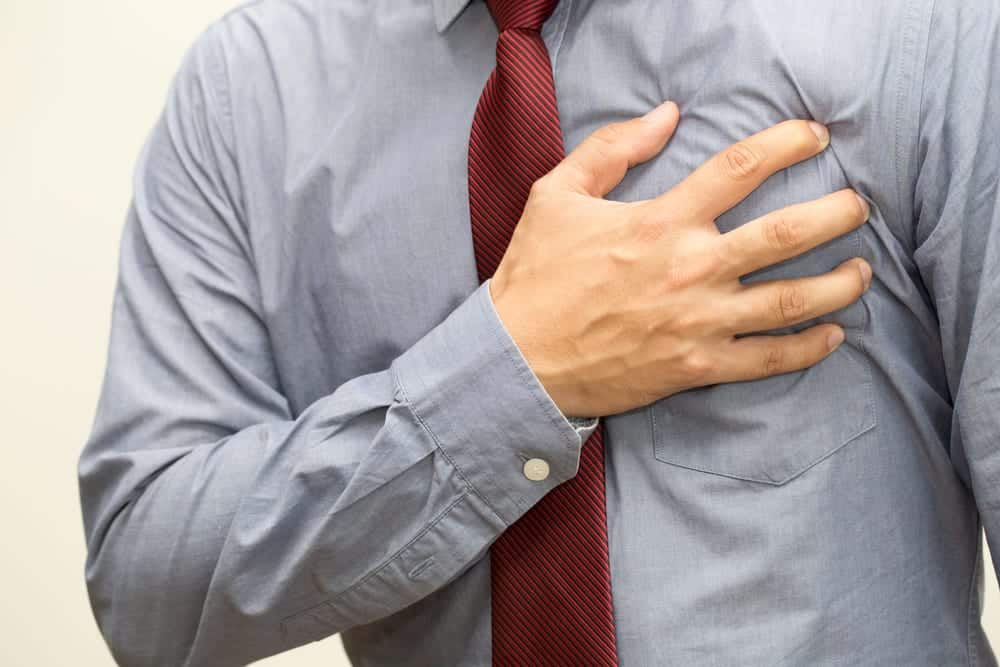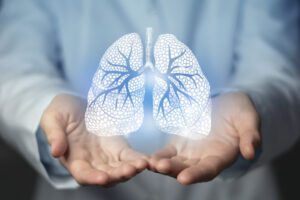Congestive Heart Failure affects over 6 million adults in the United States alone.
It is the leading cause of death, and it is important to recognize the symptoms of congestive heart failure as early as possible.

What is Congestive Heart Failure?
It is a health condition that occurs when your heart muscle doesn’t pump as much blood as it should. It’s caused by several health conditions that gradually weakens your heart. Hence, causing it to get weak and at risk.
Proper treatment to the conditions that leads to heart failure can help improve your chances, and help you live longer.
12 Symptoms of Congestive Heart Failure
The symptoms listed below may also be caused by other life-threatening conditions, so don’t try to self-diagnose at home. It is crucial to get proper diagnosis as early as possible to determine what caused these symptoms and how to properly treat them.
There is also a higher chance of developing other severe health conditions if you leave these symptoms undiagnosed and untreated. It can lead to organ failure, and even death.
Here are 12 symptoms of congestive heart failure to look out for:
- Feeling tired, restless, fatigued and weak
- Persistent cough with white or pink blood-tinged phlegm
- Shortness of breath when you try to lie down or when you exert yourself
- Swelling in your lower body (legs, ankles and feet)
- Increased need to pee at night
- Rapid weight gain from fluid retention
- Decrease in reflexes, alertness and difficulty concentrating
- Inability to exercise
- Abdomen swelling
- Rapid or irregular heartbeat
- Sudden and severe shortness of breath
- Chest pains
- Lack of appetite and nausea
If you think you may be experiencing some of these symptoms, it is best to seek medical help immediately. It is also important to seek emergency treatment if you experience chest pains, fainting, severe weakness, shortness of breath and rapid heartbeat.







